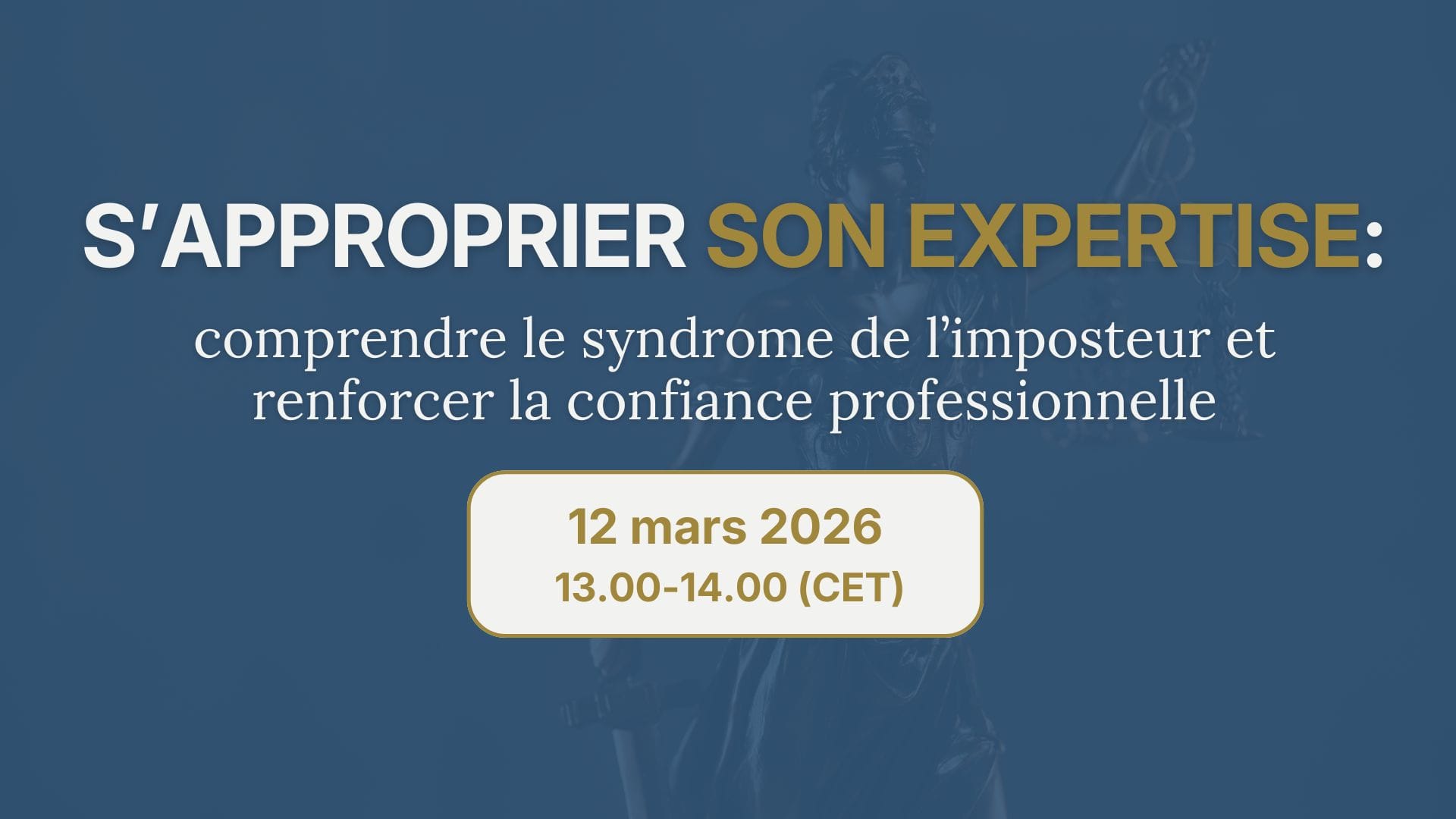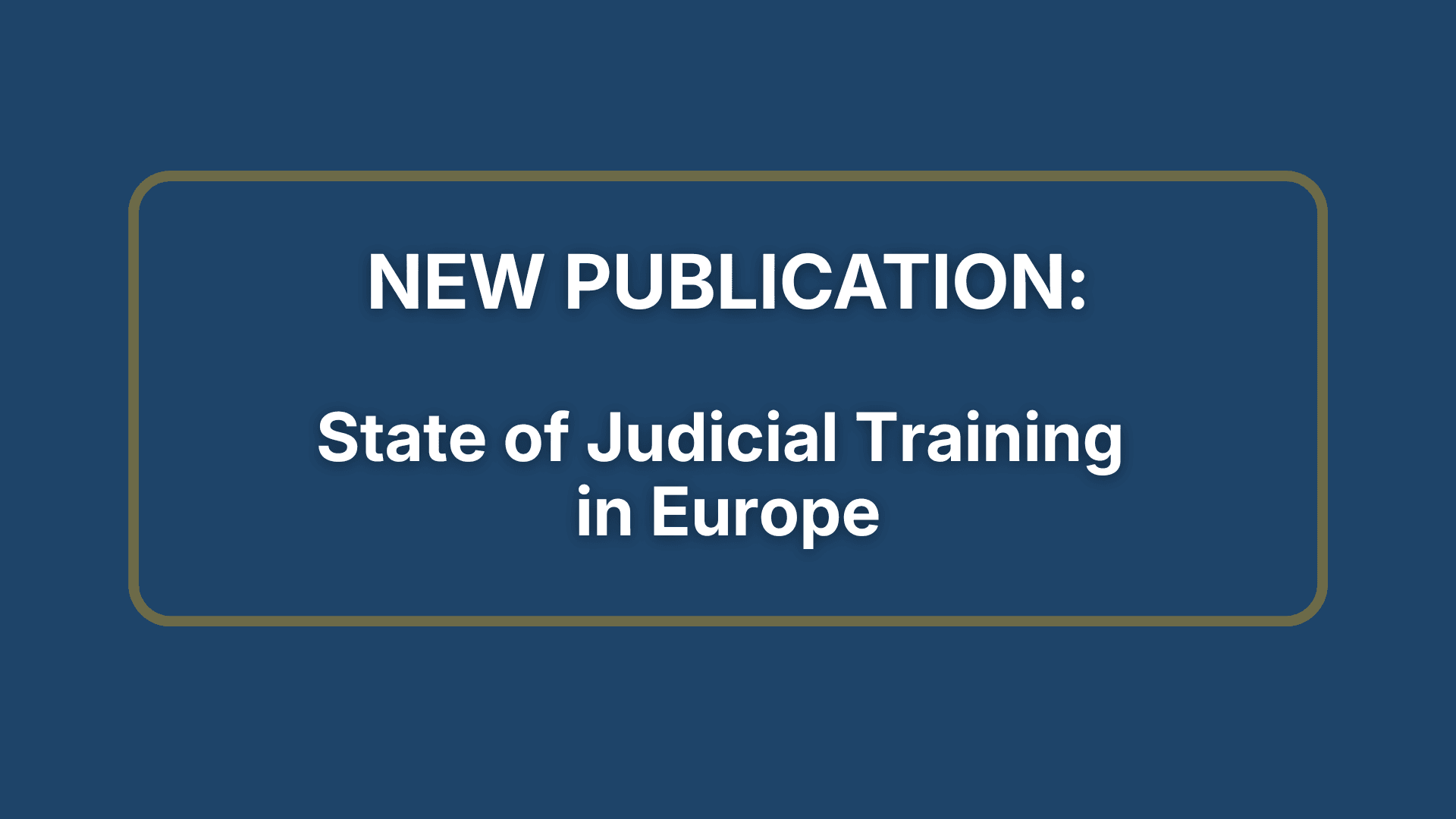Case management systems; electronic tools in criminal proceedings; protection and storage of electronic evidence; recording of court hearings; recorded testimony of minors; principles and practice of distance interviews – These are just some examples of what digitalisation, a key priority of the European Commission, entails for today’s judicial practitioners.
All these issues were at the core of one of the projects implemented under EJTN’s Judiciary learning grant programme from 10 to 12 July 2023.
During a three-day field visit, a Polish judge explored how his Croatian counterparts dealt with these issues in criminal proceedings and made recommendations for remote court activities that guarantee the right to a fair trial.
Commenting on this project, the participant said: “My goal was to identify at least three solutions implemented uniquely in Croatia and analyse whether they could be applied in my home country.”
A very flexible tool to help justice professionals
The study topics tackled with financial support from EJTN’s Judiciary learning grant vary from one project to another and depend on the beneficiaries’ individual learning needs and priorities.
Besides digital issues, past projects have focused on topics as diverse as restorative justice, the fight against drug trafficking or cross-border enforcement of sentences in civil law matters.
The Programme empowers judges, prosecutors, court and prosecution staff, and judicial trainers to build their own unique learning experience, tailored to their specific needs. Through a field visit, they can learn how their European counterparts handle different challenges and bring those valuable lessons back to their home judiciaries.
How do EJTN’s Judicial learning grants work in practice?
Who
Applicants may be judges, prosecutors, court and prosecution staff or trainers from all EU Member States (with the exception of Denmark).
Where
Participants may travel to a Member State’s court, prosecution office or national training institution, to the Court of Justice of the European Union, or to the European Court of Human Rights. The training programme can include visits to other organisations relevant to the project’s purpose and expected learning outcomes (e.g., police agencies, associations, NGOs, or social work agencies).
When
Project proposals can be submitted at any time during the year through the Exchange Programme Platform. Applicants are informed whether their project proposals have been successful within 6 weeks of submission. EJTN Member and Associate member institutions are responsible for selecting project proposals. Each is assessed against a scoring rubric which future applicants can consult.
Financial support
Selected participants receive financial support for their travel and daily expenses.
About EJTN’s Exchange Programme
Launched in 2005 at the initiative of the European Parliament, EJTN’s Exchange Programme for judicial authorities aims to develop a European judicial culture based on mutual trust between judicial authorities in the European judicial area. The programme encompasses a wide variety of activities, including the Judiciary learning grant programme.
By participating in an exchange, judges, prosecutors, court and prosecution staff, and trainers from different EU Member States can improve their knowledge of other judicial systems through direct contact and exchanges of views and experiences.
In 2022 more than 3,000 judges, prosecutors and court and prosecution staff from EU Member States, the UK and the Western Balkan countries participated in exchange activities.
All the activities offered under the Exchange Programme can be found at:
https://ejtn.eu/exchanges-study-visits




